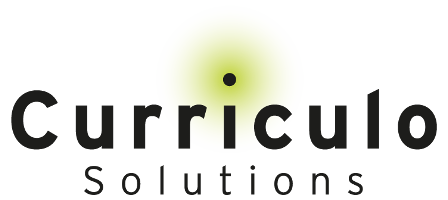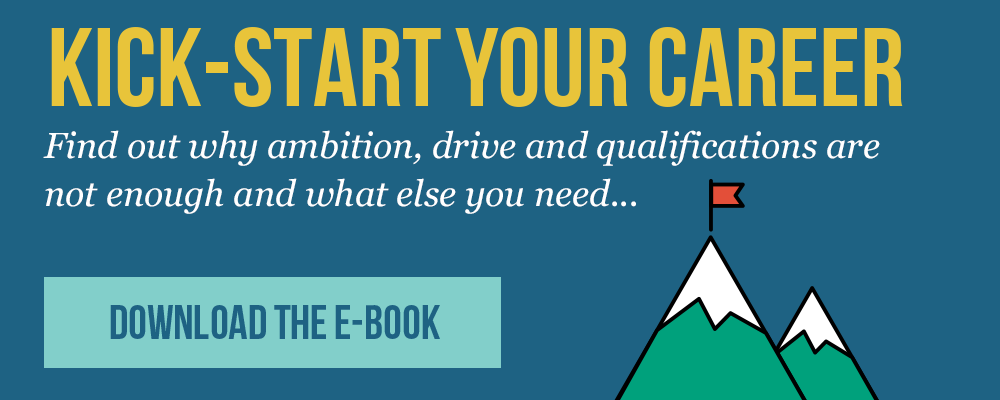
Education is changing more rapidly than ever. This is largely due to the widespread adoption of internet communication and technology, a deepened understanding of cognitive learning processes and our evolving lifestyles.
In this blog article, we will discuss four of the most prominent education trends of 2017.
Schools will see more blended learning, combining traditional teaching with online and collaborative learning approaches
The traditional method of teaching involving a teacher standing at the front of a classroom and delivering instruction to students has had to change. The more we understand how young people learn and study, the more we’ve realised that this traditional approach isn’t always the most effective way to educate.
As such, classrooms will be structured to accommodate a blended approach to learning that combines the traditional with more collaborative and online styles of learning. For example, desks arranged in hubs of four or five around touch screens will allow for digital learning, possibly in collaboration with schools across the globe.
Lessons will feature more practical elements, such as problem-solving exercises and games
Practical learning, also termed high-velocity learning, is associated with blended learning. It’s based on the idea that students learn faster and retain information for longer when they learn through discovery and problem-solving, rather than solely by listening and taking notes.
Games, simulations and role playing are more engaging for students, which improves concentration, focus and interest. High-velocity learning also encourages students to become adaptive – an important attribute to cultivate in preparation for life after school.
Teachers will be given more power to teach and produce content that they believe can improve education
Until recently, teachers have been more akin to conduits of information – delivering education according to the specifications of the national curriculum. But this is changing: teachers are becoming more empowered and have more leeway to teach in a way that they believe to be most beneficial to their students. Schools will begin making teacher retention and improved teaching experience important aspects of ensuring their students are educated to the best standard. To this end, collaboration and support between teachers will be encouraged, as will teacher-authored content.
Education will no longer be one-size-fits-all, but a process that can be adapted to the needs of each student
Personalised learning is increasingly prevalent. In this paradigm, education is learner-driven: students complete their assignments and study at a pace that suits them. If students are granted ownership of their individual learning processes and are given the freedom to study when they’re most receptive to it, they are more likely to succeed.
This more active method of learning supports the second trend we discussed, whereby the more engaged students are, the more effective education can be. Education should focus on teaching young people to think, evaluate and create for themselves, not just memorise facts. This trend allows for greater collaboration and connectivity among students and teachers.
Keeping up with education trends and ensuring that these work their way into your curriculum is no small task. We’ve designed our career skills programme around important education trends to equip students with the work readiness skills they need to forge their own futures.
If you’d like to learn more about our Industry Engagement Programme and its relevance to your students, download the guide.


